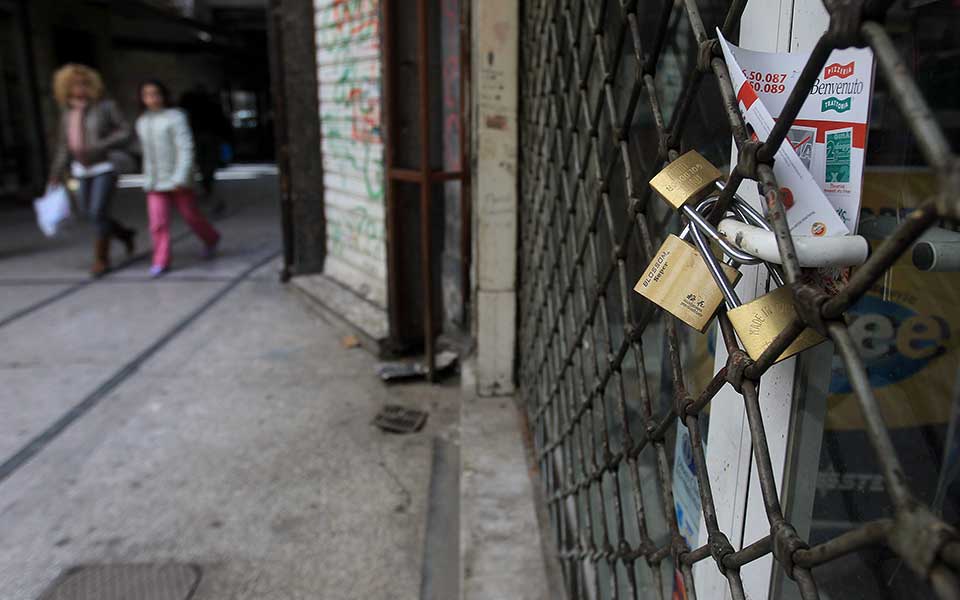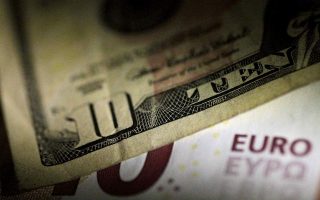Recession will depend on course of virus

The global economy is already in recession, hurt by the novel coronavirus and the extraordinary efforts to contain its spread, according to two leading European economists whom Kathimerini has consulted. They are critical of the European Union attitude, saying mistakes of the past should be avoided. They are also optimistic about a swift rebound.
Nicolas Veron, a French analyst at the Bruegel think tank in Brussels and the Peterson Institute in Washington, says the recession will depend on the containment of the epidemic: “I think we are in a very unusual scenario of global recession, from a completely exogenous shock, which can be reversed very quickly depending on the evolution of the sanitary situation. The high uncertainty is basically not driven by internal reasons, and that means the rebound could be dynamic. You would only lose if a lot of companies collapsed – it will depend on how long it lasts. On the one hand, the demand on the planet is negative, but the fact that we are all in this together could create the cooperation that could lead to a solution,” he argues.
German analyst Daniel Gross, head of the Center for European Policy Studies in Brussels, agrees: “We are certainly heading toward a global slowdown – very quick, very deep. In the end, the depth of the slowdown will depend 90 percent on the medical part, on the containment of the spread of the disease, and on the efficiency with which different governments go about it.”
He is concerned about the attitude in Brussels: “I find the European Commission totally absent and unprepared. They are putting the Stability Pact out of action – that is obvious, allowing state aid in a case of national calamity.” He adds that the focus should be on coordination, test kits and border closures for now, while the financial and fiscal stuff will have to come later.
“At first, there was great hesitation on the part of the Commission; they did not see the crisis in a European context, only on a national level. Italy was thought of as irresponsible, reminding us of the banking crisis of 2011 – the attitude that ‘our country is safe but our neighbors are the ones who have problems;’ this attitude doesn’t work in an interconnected Europe,” the German economist says.
“In a way, we are fortunate we are facing this crisis after the Euro crisis. We now have collective knowledge and hopefully people will avoid a number of mistakes that they already know,” Veron points out.





